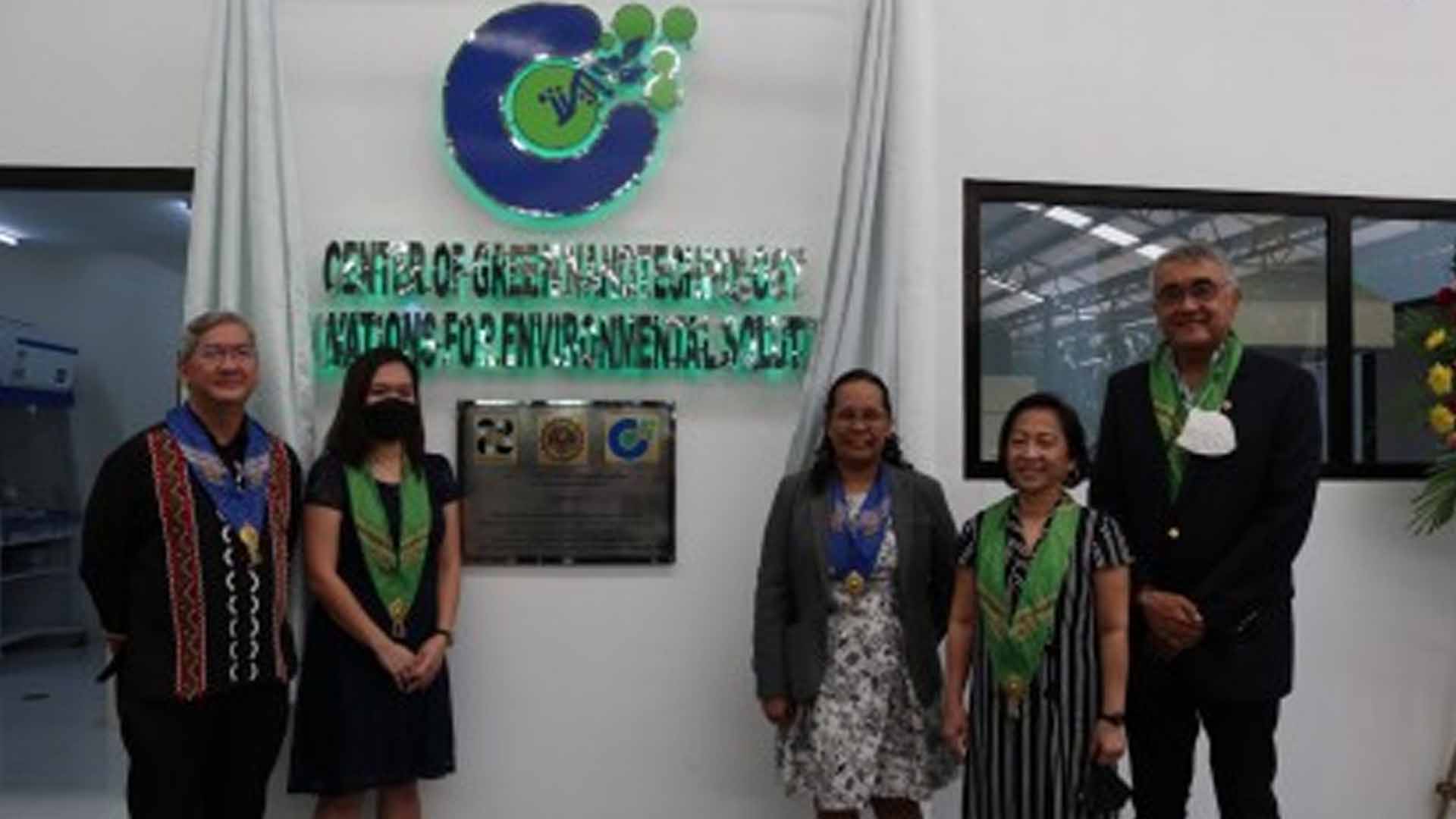The first-ever nanotechnology center in Mindanao is expected to develop technological solutions to environmental problems in the island region.
“I hope the Center of Green Nanotechnology Innovations for Environmental Solutions (CGNIES) will become an example of translating research into meaningful, innovative projects benefiting the community,” said Dr. Chosel Lawagon, the facility’s director, in an interview on Wednesday.
Launched on Aug. 19, the CGNIES of the University in Mindanao (UM) is the first nanotechnology center in Mindanao.
It is funded by the Department of Science and Technology – Philippine Council for Industry, Energy, and Emerging Technology Research and Development (DOST-PCIEERD) through the Infrastructure Development Program (IDP).
Lawagon, who has been working with UM on converting waste into nanoparticles and generating renewable energy through nanogenerators, bagged multiple awards here.
In support, Dr. Anthony Sales, the director of DOST in the Davao Region, said the agency remains committed to working closely with UM to ensure significant objectives will be delivered.
“We anticipate that UM, together with DOST, will play a key role in promoting green innovations in Mindanao and providing technological advancements that care for the environment and humanity,” he said.
The DOST said CGNIES was established to ascertain concerted efforts to use nano-innovations to solve environmental problems in Region 11 by being the premiere center to bolster the capability of UM to undertake science and technology research through the safe use of nanomaterials.
The IDP, meanwhile, provides financial support for the establishment and upgrading of research laboratories and facilities of academic and research institutions in the country.
It was established to highlight green approaches to developing nanomaterials from local resources and their integration into micro and macrostructures for developing technological solutions to environmental problems. (PNA)



















